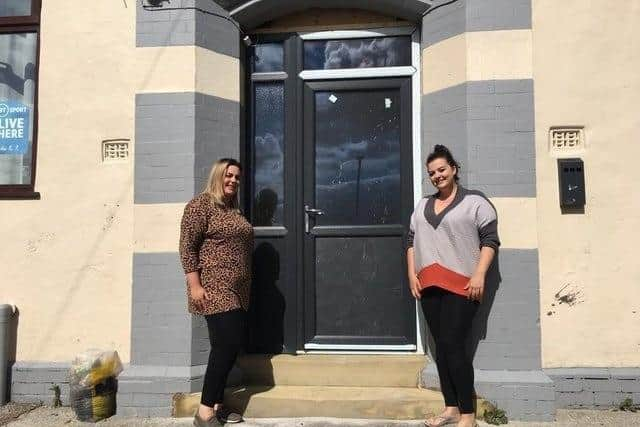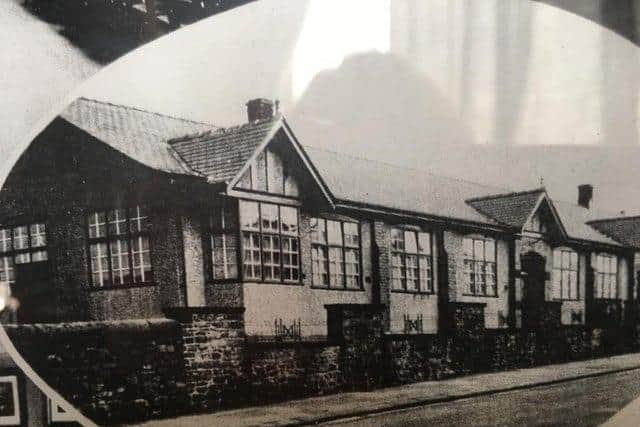Iconic Burnley club set to re-open this weekend for first time since Covid 19 lockdown forced its closure
and live on Freeview channel 276
The Canteen will re-open at 1pm on Saturday with all Covid 19 protection measures in place.
Formerly known as Lowerhouse Mills Club or Lowerhouse Canteen, new owner Kirk Gorton bought the club last year.
Advertisement
Hide AdAdvertisement
Hide AdBefore Covid 19, the club was regularly hosting parties and family gatherings organised by Kirk's wife Melissa.


Seizing the pandemic as a chance to start the refurbishment work, Kirk, who is a builder, ripped out all the dated seating, fixtures and decor to totally modernise the place and also give it a new name and new image as a family friendly pub with two function rooms and a games room.
A break in last month did not put 29-year-old Kirk off from finishing the project and he said: "We are putting a lot of money, time and effort into making this place something really special and it is a special year too as it's the club's 100th anniversary.
"This place has a lot of history and everyone in Burnley knows it."
Advertisement
Hide AdAdvertisement
Hide AdVery much a family affair, Kirk's brother Chris, sister Nicki and their father Jimmy are also involved with the business. The building opened in 1921 in what was once a booming area of town for the textile trade.


Built next to John Dugdale cotton mills it became a place for workers to eat their sandwiches and have a lunch break.
Works' officials sponsored it as a canteen and within two years it had grown to become a furnished club with a bowling green, tennis courts, and flourishing membership. But the slump of the 1930s saw huge redundancies in the mills and the club closed down.
It would not re-open again until the 1960s when a new committee was formed and the building was given a face-lift and new members were drawn back.